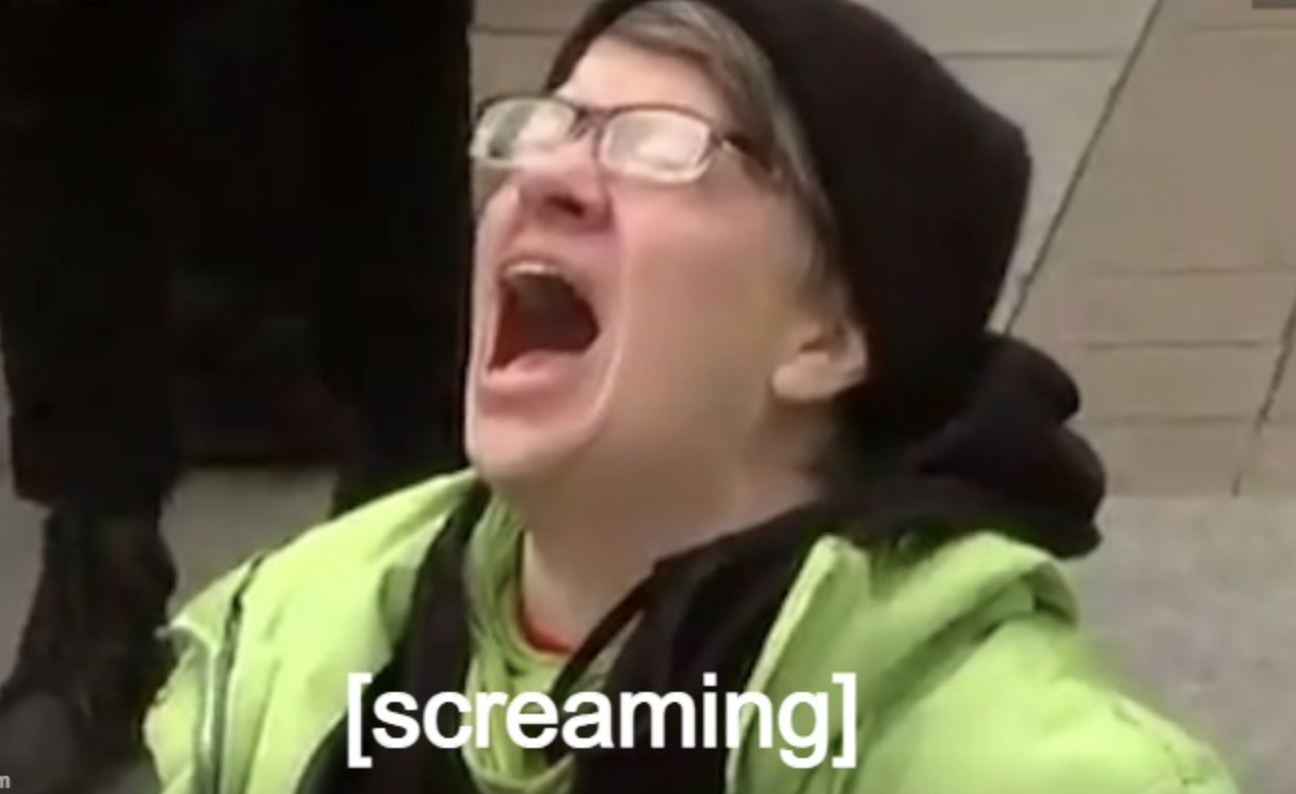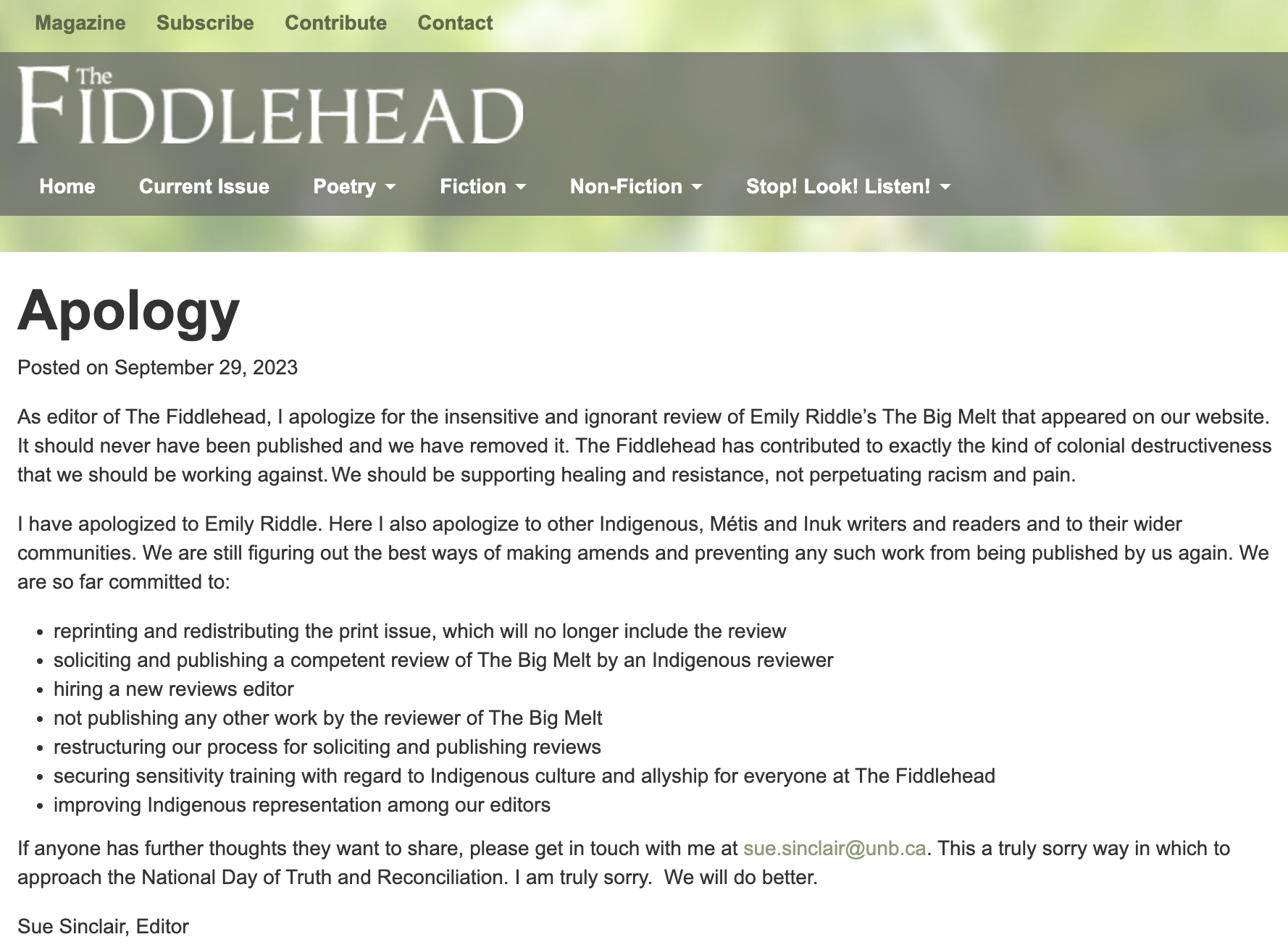 Tom Howard is a fiction writer based in Arlington, Virginia. He’s the author of Fierce Pretty Things (Indiana University Press, 2019), and his stories have appeared in Ninth Letter, Tin House, Booth, Willow Springs, Indiana Review and elsewhere.
Tom Howard is a fiction writer based in Arlington, Virginia. He’s the author of Fierce Pretty Things (Indiana University Press, 2019), and his stories have appeared in Ninth Letter, Tin House, Booth, Willow Springs, Indiana Review and elsewhere.
“Fierce Pretty Things” is the winner of the Indiana Review’s 2017 Fiction Prize, but it’s also the title story of your new collection from Indiana University Press. Is this your first book-length published work? What was your experience of publishing this collection? What has the publisher done to promote the book? What have you done? What has been most effective in the promotion of your work?
Yes, my first book-length published work, so everything was new to me. I’m not sure what I expected. The publisher was a university press and it was a short story collection, so I didn’t go into it thinking there would be a big press rollout or much publicity at all. And there wasn’t a big press rollout or much publicity at all. But the people who worked on the book were dedicated. They kept me involved. In terms of promotion, they sent out review copies and advertised in a couple places, and marketed the book on social media. They flew me out to Bloomington, Indiana to do a reading and a workshop at the university.
So it was a quiet launch. I could’ve helped by being better at self-promotion. For example I have a Twitter account with a couple hundred followers, and I think I’ve mentioned the book four times in the past year. It’s not even in my Twitter bio. My main bit of self-promotion was hoping a celebrity (ideally President Obama) would be photographed reading my book and then it would go viral. Or someone (ideally President Obama) including it in a year-end list of favorites. Etc. So I’d tell authors looking to publish with a university or small press that they should anticipate taking on a good part of the promotion responsibilities themselves, or at least tempering their expectations a bit. Or becoming friends with President Obama.
Getting some positive reviews helps. Especially by a bigger outfit like Kirkus or PW. That can generate some buzz, and it’s also easier to share those kinds of reviews without looking like you’re just telling people to buy your book (see “awful at self-promotion,” above).
Your credit list contains a disproportionate number of contests wins. When you submit your stories, do you make contest entries a priority?
I did for a while. I had this idea that winning a contest would mean more somehow, or I’d get noticed more, than just being published. Some of that’s just because I think I like competition, and I probably went overboard with it. But it was also just a pragmatic thing. Years back I edited a small lit magazine, and we received a couple hundred (free) submissions each month. Once a year we also ran a contest. When we did that, the number of submissions went down, but the quality went way up, probably because no one wants to throw away an entry fee on something they’re on the fence about. So I think, especially when you’re really just trying to get noticed and get some real feedback on where your writing is, a contest can be a useful way to make sure your work is actually getting read, and it can be a measuring stick for where your stuff is in terms of originality and style. And even getting long-listed for a contest means, if nothing else, that you might be a good fit for the magazine with something else you write.
With seven published works, five of those contest wins, 2014 was an absolutely insane year of production and success for you. What was going on it that period? Were you devoting all your time to writing and submitting?
I wasn’t spending all my time writing but I was figuring things out, maybe. I was experimenting with flash, and trying out different voices, especially kids’ voices, and things just seemed to click. That was the first period I ever had like that, where everything just seemed fresh and original and fun. A lot of it had to do with breaking out of these habits I’d fallen into without knowing it. I don’t know if I’d been trying to write New Yorker stories or what was going through my head, but I just stopped doing it, whatever it was. I’d write a paragraph and think, okay, that one paragraph was kind of fun. How do I keep that going? Instead of thinking too much about how things sounded or whether something felt like someone’s generic idea of a story. I just wanted it to be fun to write, because I figured then at least it had a chance to be fun to read. Maybe that’s something every other writer knows and I’m just a really slow learner.
What is your submission process? What are the benefits of publishing in small literary magazines?
I have my list of shoot-for-the-moon places I’d love to place a story in, same as everyone else, and a long list of other journals I’ve read and respect. I’ve built a relationship with some of these journals so I’ll try to think about who might be interested and who I’ve really clicked with in the past. It depends on the story and how much of a chance it takes. So it’s a mix of things: prestige (always subjective, always relative), exposure, working with great editors and people. Those things aren’t exclusive to big journals. If I send a story out anywhere, it’s to a place where, if they accept it, I’ll be happy.
David Mitchell’s first rule of writing is to neglect everything else. Is it possible or even desirable for an artist to have a balanced life?
It’s hard for me to fall deep into something without clearing a lot of space in my head, so on some level Mitchell is probably right. I’m distracted a lot when I’m in the middle of something. But I have to get recharged too. Staying only in my own head won’t get me far enough. My imagination just isn’t that expansive, I think. I need catalysts. I need to go for a run, watch a baseball game, walk the dog with my wife, look up useless stuff online that won’t ever make it into a story, think about learning to play the sax. All that stuff is writing, to me, which I know is exactly why I’m a slow writer. I don’t have the balance figured out yet. But I think it’s tough to write about the experience of being alive and a part of the world if you’re not out there spending time in it and being connected to it. Being around people. That means something different for a writer than for anyone else, though, just because you can’t ever turn off the part of you that’s a writer.
How important are connections in getting your work published?
Probably more important when you’re trying to a publish a book than a short story or a poem. I think most magazine editors are receptive and genuinely want to discover new writers. (Even The New Yorker, I think, wants to do that. But they’ve also got stories from Karen Russell and George Saunders and Louise Erdrich and Salman Rushdie being passed their way, and they only publish a couple dozen stories a year. Just a math thing.) Connections probably help but I would guess they help mainly with getting you a second read, or getting you past an initial round of readers at a magazine.
Novels are different. You’re usually pitching with just a synopsis or an outline, just to get to the point where an agent (or maybe an editor) is willing to read a chapter. And I think even the best synopsis can just sound stupid and reductive, especially to the writer who spent a year or two painstakingly building a world and cultivating a voice. So any advantage helps if it gets your actual work in front of someone.
Is there such a thing as momentum when it comes to writing? Do you reach a point where your list of credits and contest wins pushes you up into the next tier of recognition?
I think there’s a point where you realize every writer is just going through the same things you’re going through, just trying to write something true. And trying to figure out what that means, to write something true. Getting published just makes you feel as if you’re part of a club that you were in the whole time, but I think we all (well, most of us) still have to get over that hump to feel like we belong there. But you still end up back at square one, trying to make something up out of nothing.
Does your writer ego/self-esteem fluctuate according the accumulation and magnitude of credits, or do you run at a steady state? What will it take for you to impress yourself?
The only time I feel good about my writing is when I’m in the middle of something I love. By the time a story is published, if it gets published, it already feels (in a way) like something that happened to someone else. Like I’m taking credit for someone else’s work, especially if I’m floundering a little between other projects. It’s maddening and kind of stupid. Because it’s not self-esteem really, it’s not about questioning my skill as a writer. It’s more that I’m always worried the next idea won’t come, because I have no freaking idea where the ideas come from, or how they evolve the way they do, until the next idea does come, and evolves, and then it’s happening and I think oh, now I remember, it goes like this, and then this happens, and this would be fun, and so on, and like I said, it’s maddening.




nice interview! an honest look at the creative process.
Thanks, Mark. I suspect Tom has a bright future in the literary world.